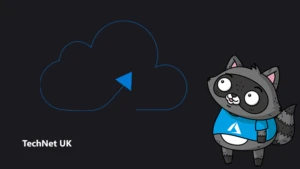
Azure Mythbusters: I can choose any Azure Compute Service to solve any problem!

A lot of people will take a round peg and try and push it into a square hole – or in this case, take their code and try and cram it into whatever service they happen to like at the time. There are specialised services on Azure, as well as some generic ones, but we’re going to talk about some of the more specialised compute services and what things you need to consider when using them.

Let’s start with Azure App Service. We really see it being used on web applications, APIs and containers. It’s a multi-tenanted platform with the ability to scale without some of that overhead on the management side. If you’re looking to have a fully-managed hosting platform for web and mobile applications, App Service is the place to go. I just want to deploy my code, I just want it to run and I don’t want to have the hassle of managing things, patching things – you drag a slider to auto-scale and that’s it.
Where there may be some confusing is that there’s another service called Azure App Service Environment. Azure App Service is, by definition, multi-tenanted. You’ve got private workers, but the front-ends are public and shared. Environment is for when you want all the benefits of Azure App Service, but you want it deployed in a private context – your own instance of Azure App Service. This is most commonly used when there are rules or compliance to follow.
But this is just a small selection of the available compute options. In this fourth instalment of Azure Mythbusters, Chris and Will run through all of the available compute options on Azure, while detailing the use cases in which you might find yourself using them.
Stay tuned for the next instalment of Azure Mythbusters! Until then, here are some useful resources for learning more on the topic of Azure Compute Services.




